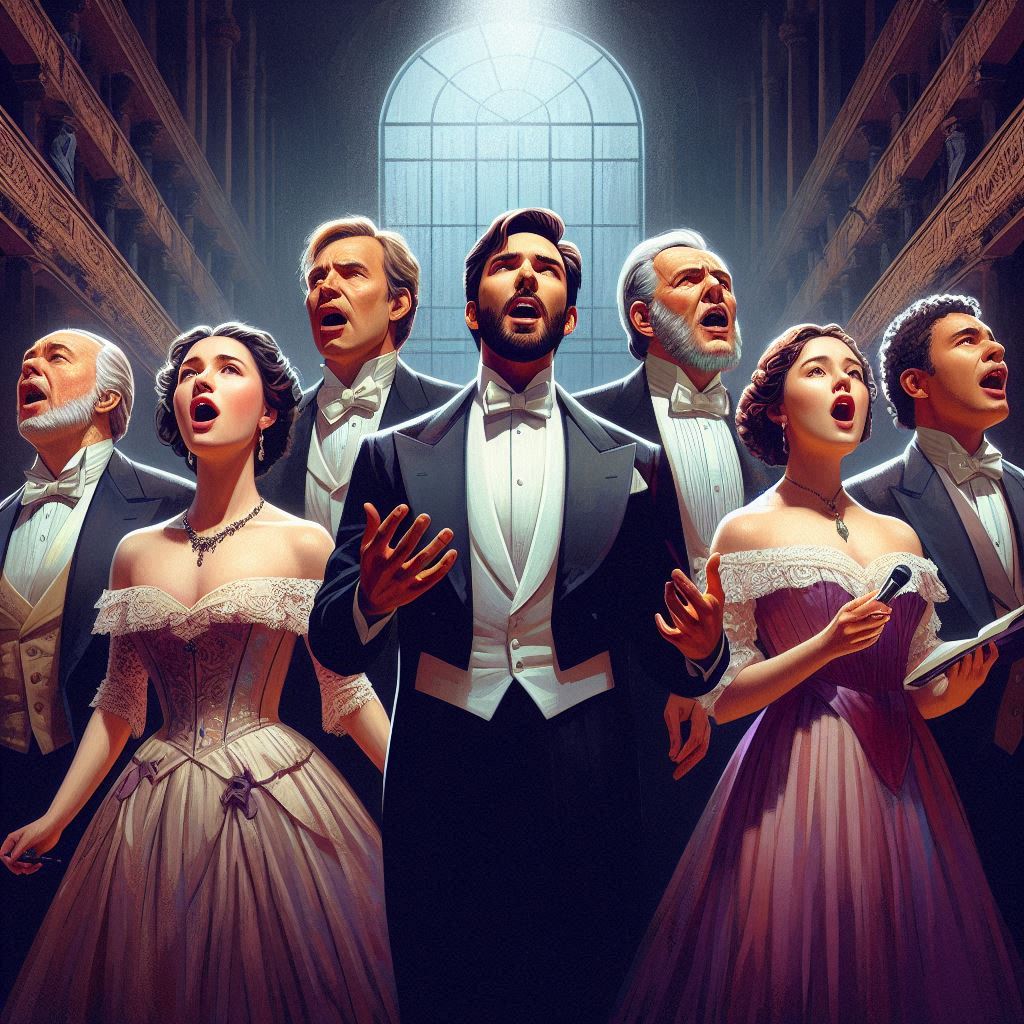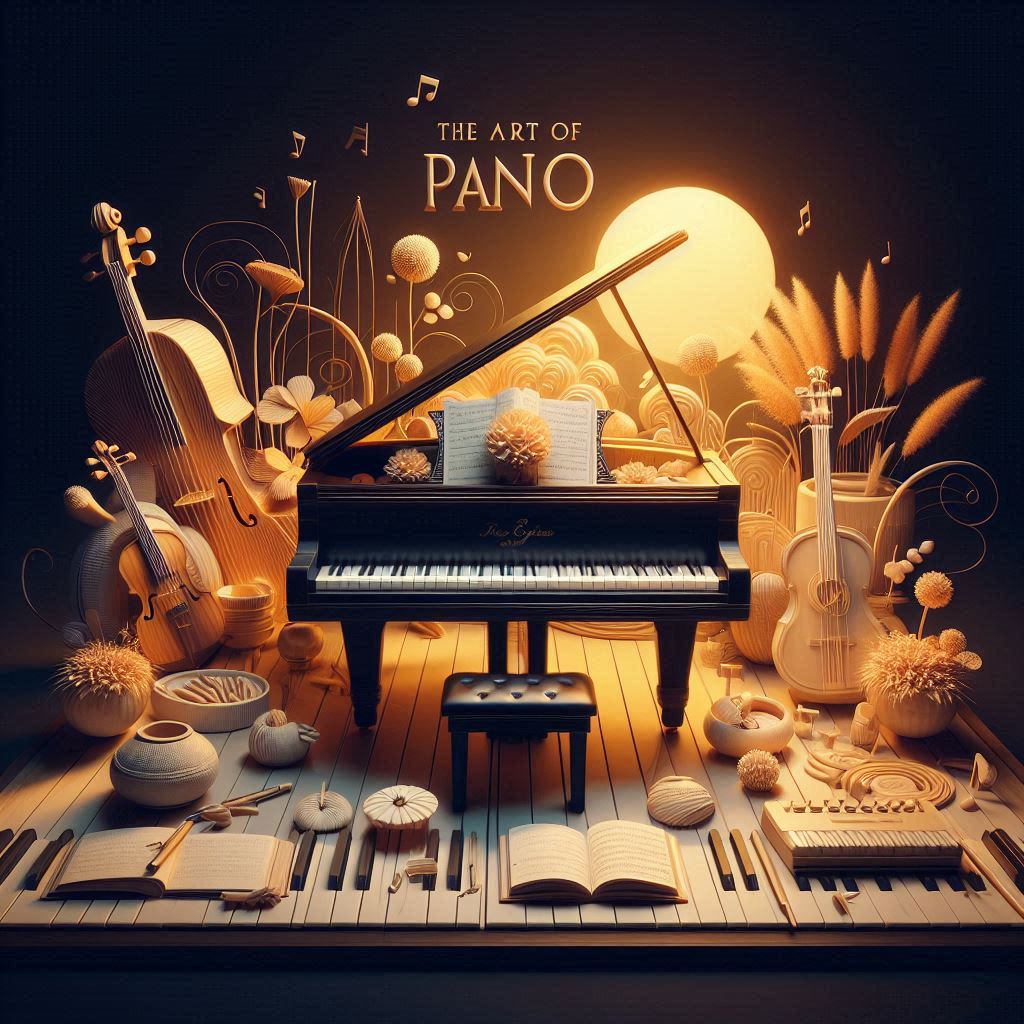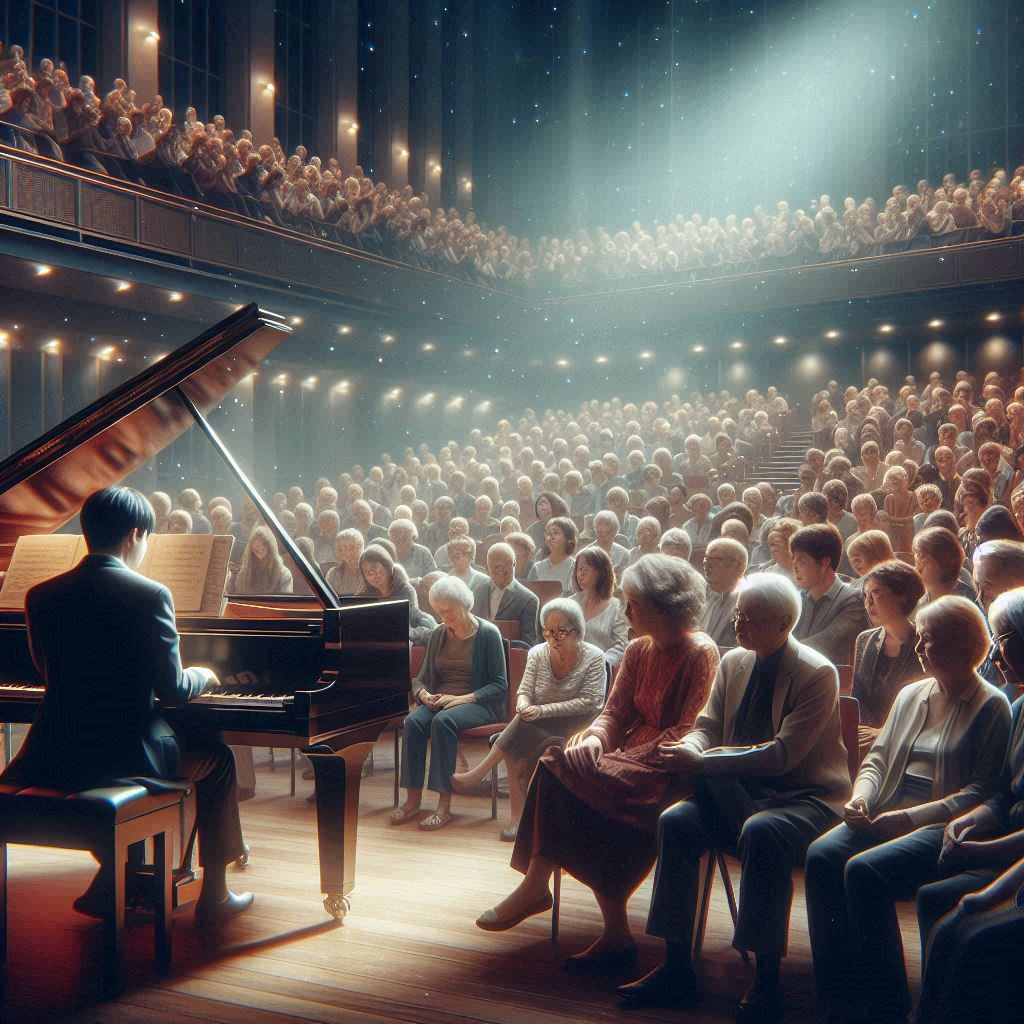Introduction
Opera is a rich and dramatic art form that combines music, theater, and storytelling. Over the centuries, many opera singers have achieved legendary status, captivating audiences with their powerful voices and emotive performances. This blog celebrates some of the most famous opera singers and their significant contributions to the world of opera.
1. Luciano Pavarotti
Background and Rise to Fame
Luciano Pavarotti, one of the most celebrated tenors of all time, was known for his extraordinary vocal range, clarity, and ability to convey deep emotion. Born in 1935 in Modena, Italy, Pavarotti’s career spanned more than four decades.
Key Contributions:
- Popularizing Opera: Pavarotti brought opera to the masses through concerts, recordings, and media appearances, including the famous “Three Tenors” concerts.
- Iconic Roles: He is best known for roles such as Rodolfo in Puccini’s “La Bohème,” Calaf in Puccini’s “Turandot,” and Nemorino in Donizetti’s “L’elisir d’amore.”
Legacy
Pavarotti’s legacy lives on through his recordings, numerous awards, and his efforts to make opera accessible to a broader audience. His contribution to the genre has inspired countless young singers worldwide.
2. Maria Callas
Background and Rise to Fame
Maria Callas, an American-born Greek soprano, is regarded as one of the most influential opera singers of the 20th century. Known for her dramatic intensity and technical prowess, Callas was born in 1923 in New York City.
Key Contributions:
- Vocal Technique and Expression: Callas’s ability to convey complex emotions through her voice and her masterful technique set new standards for opera performance.
- Versatile Repertoire: She excelled in both bel canto and dramatic roles, with famous performances in Bellini’s “Norma,” Verdi’s “La Traviata,” and Puccini’s “Tosca.”
Legacy
Maria Callas’s recordings and interpretations continue to be studied and revered by opera enthusiasts and professionals. Her contributions to vocal technique and performance style have had a lasting impact on the opera world.
3. Plácido Domingo
Background and Rise to Fame
Plácido Domingo, a Spanish tenor and conductor, has enjoyed a prolific career spanning more than 50 years. Born in 1941 in Madrid, Domingo is celebrated for his versatility, endurance, and powerful voice.
Key Contributions:
- Versatile Repertoire: Domingo has performed an extensive range of roles, from Verdi and Puccini to contemporary works, showcasing his adaptability and vocal strength.
- Leadership and Mentorship: As a conductor and the general director of major opera companies, Domingo has played a significant role in nurturing young talent and promoting opera globally.
Legacy
Plácido Domingo’s contributions to opera extend beyond his performances, encompassing his work as a conductor, administrator, and mentor. His enduring presence in the opera world continues to influence new generations of singers.
4. Joan Sutherland
Background and Rise to Fame
Joan Sutherland, an Australian soprano, was renowned for her extraordinary vocal range, agility, and purity of tone. Born in 1926 in Sydney, Sutherland gained international acclaim in the 1950s and 1960s.
Key Contributions:
- Bel Canto Revival: Sutherland played a crucial role in the revival of the bel canto repertoire, particularly the works of Bellini, Donizetti, and Rossini.
- Iconic Roles: Her most famous roles include Lucia in Donizetti’s “Lucia di Lammermoor,” Norma in Bellini’s “Norma,” and Semiramide in Rossini’s “Semiramide.”
Legacy
Joan Sutherland’s recordings and performances have left an indelible mark on the opera world. Her dedication to the bel canto style and her technical mastery continue to inspire sopranos worldwide.
5. Enrico Caruso
Background and Rise to Fame
Enrico Caruso, an Italian tenor born in 1873 in Naples, is one of the most famous opera singers of the early 20th century. Caruso’s powerful and expressive voice made him a superstar in the opera world.
Key Contributions:
- Recording Pioneer: Caruso was one of the first opera singers to embrace recording technology, making opera accessible to a broader audience through his numerous recordings.
- Iconic Roles: He is best known for roles such as Canio in Leoncavallo’s “Pagliacci,” Radames in Verdi’s “Aida,” and Cavaradossi in Puccini’s “Tosca.”
Legacy
Enrico Caruso’s pioneering work in recording helped to popularize opera and set the standard for future generations of singers. His recordings remain a testament to his vocal brilliance and artistic legacy.
6. Renée Fleming
Background and Rise to Fame
Renée Fleming, an American soprano born in 1959 in Indiana, is celebrated for her sumptuous voice and versatility across a wide range of repertoire. Fleming has enjoyed a distinguished career in both opera and concert performance.
Key Contributions:
- Versatile Repertoire: Fleming has excelled in roles from Mozart to contemporary opera, including Desdemona in Verdi’s “Otello” and the Marschallin in Strauss’s “Der Rosenkavalier.”
- Crossover Projects: She has also explored jazz, Broadway, and popular music, broadening the appeal of opera to diverse audiences.
Legacy
Renée Fleming’s contributions to opera and her efforts to expand the genre’s reach have solidified her status as one of the leading sopranos of her generation. Her work continues to inspire both opera aficionados and new listeners.
FAQs
Who is considered the most famous opera singer of all time?
Luciano Pavarotti is often regarded as one of the most famous opera singers of all time, known for his extraordinary vocal range, emotional depth, and ability to popularize opera worldwide.
What role did Maria Callas play in the evolution of opera singing?
Maria Callas significantly influenced opera singing with her dramatic intensity, technical prowess, and versatile repertoire, setting new standards for vocal performance and expression.
How did Enrico Caruso contribute to the popularity of opera?
Enrico Caruso embraced recording technology early on, making opera accessible to a broader audience and setting a precedent for future opera singers to record their performances.
What is Plácido Domingo known for besides his singing career?
Besides his illustrious singing career, Plácido Domingo is known for his work as a conductor, opera company administrator, and mentor to young talent, significantly impacting the opera world.
How did Joan Sutherland contribute to the bel canto revival?
Joan Sutherland played a crucial role in the bel canto revival by performing and recording works by composers like Bellini, Donizetti, and Rossini, showcasing her technical mastery and vocal agility.
What makes Renée Fleming a unique figure in the opera world?
Renée Fleming is unique for her versatility, performing a wide range of roles across different styles and periods, and for her crossover projects that have broadened the appeal of opera.
Conclusion
The world of opera has been shaped by many remarkable singers, each bringing their unique talents and contributions to the art form. From the powerful, emotive performances of Maria Callas and Luciano Pavarotti to the pioneering recordings of Enrico Caruso and the versatile artistry of Renée Fleming, these legendary singers have left an indelible mark on the history of opera. Their contributions continue to inspire and influence new generations of opera enthusiasts and performers, ensuring that the legacy of this grand art form endures. Happy listening!



